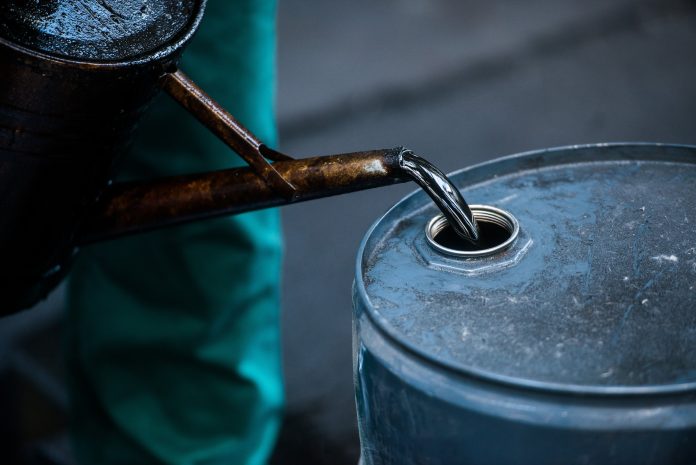In the latest data release on Tuesday, September 12, Brent crude oil was priced at $91 per barrel, showcasing a continuous upward trend. Just one week ago, it hit a 10-month high at $90 per barrel, marking the highest point since 2014.
The driving force behind this surge in prices can be attributed to Saudi Arabia’s announcement that it will maintain voluntary production cuts of one million barrels per day until the end of 2023.
Russia has also declared its intention to extend export cuts of 300,000 barrels per day for the same duration.
US consumer price index data
The financial world is keeping a close eye on the upcoming release of the August United States consumer price index data, scheduled for Wednesday.
This data carries significant weight as it has the potential to influence the direction of interest rates in the world’s largest economy, which happens to be the largest consumer of oil.
Tina Teng, a markets analyst at CMC, emphasized the pivotal role of this data release in shaping future economic and oil market trends.
Amidst these developments, Fatih Birol, the Executive Director of the International Energy Agency (IEA), highlighted in a recent Financial Times article that despite discussions about reaching peak oil and peak coal in previous years, both energy sources are currently experiencing record-high production levels, defying predictions of an imminent decline.
While the price of Brent crude oil surges, concerns arise for Nigerian consumers who are in the process of procuring and importing petroleum products into the country.
If this surge persists during the importation phase, it would inevitably lead to higher costs for Nigerians purchasing petroleum products.
It’s important to note that crude oil is a globally traded commodity, and its fluctuations have a direct impact on fuel prices at local pumps.
With supply constraints stemming from Saudi Arabia and Russia, the dynamics of local fuel prices are expected to adjust accordingly.
This reality was emphasized in July 2023 when the Group Chief Executive Officer of the Nigerian National Petroleum Company Limited (NNPCL) addressed the implications of deregulation, where fuel prices are subject to market forces, capable of rising or falling based on prevailing market conditions.

